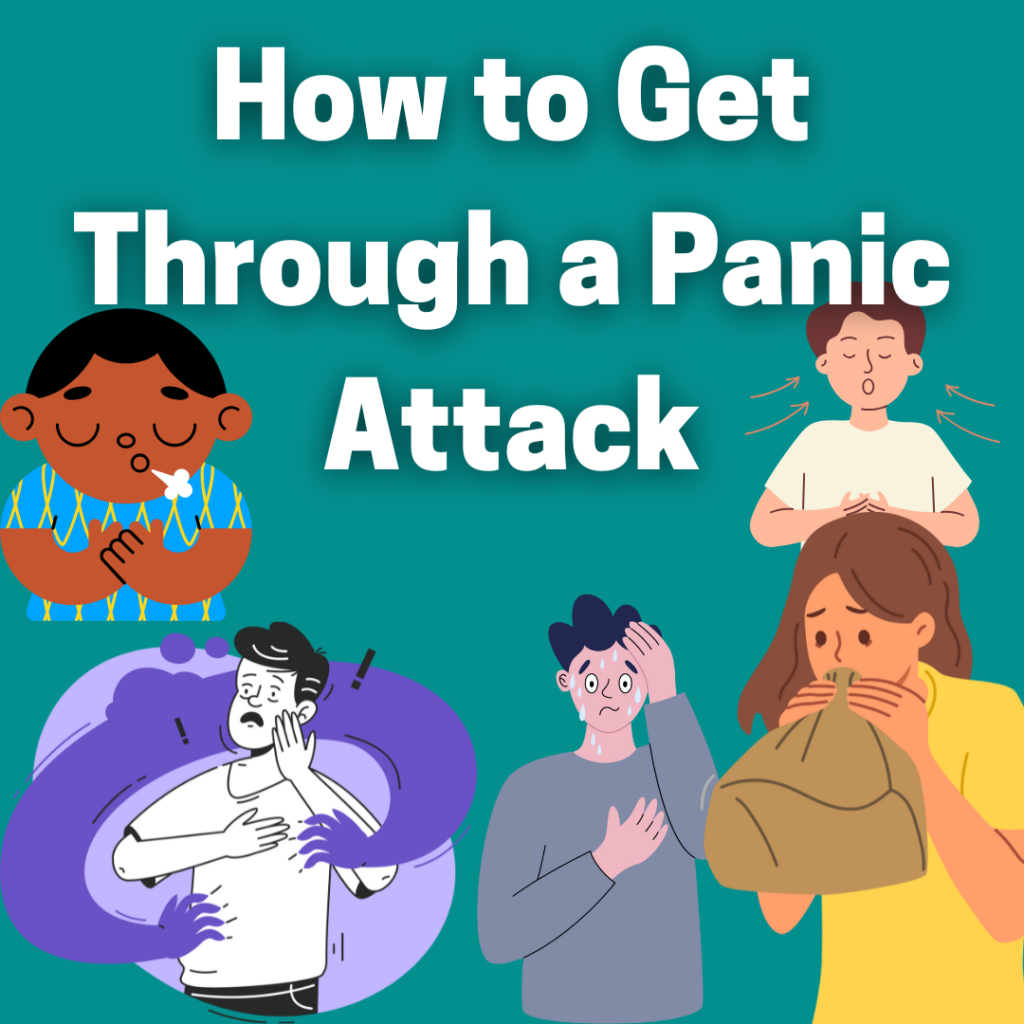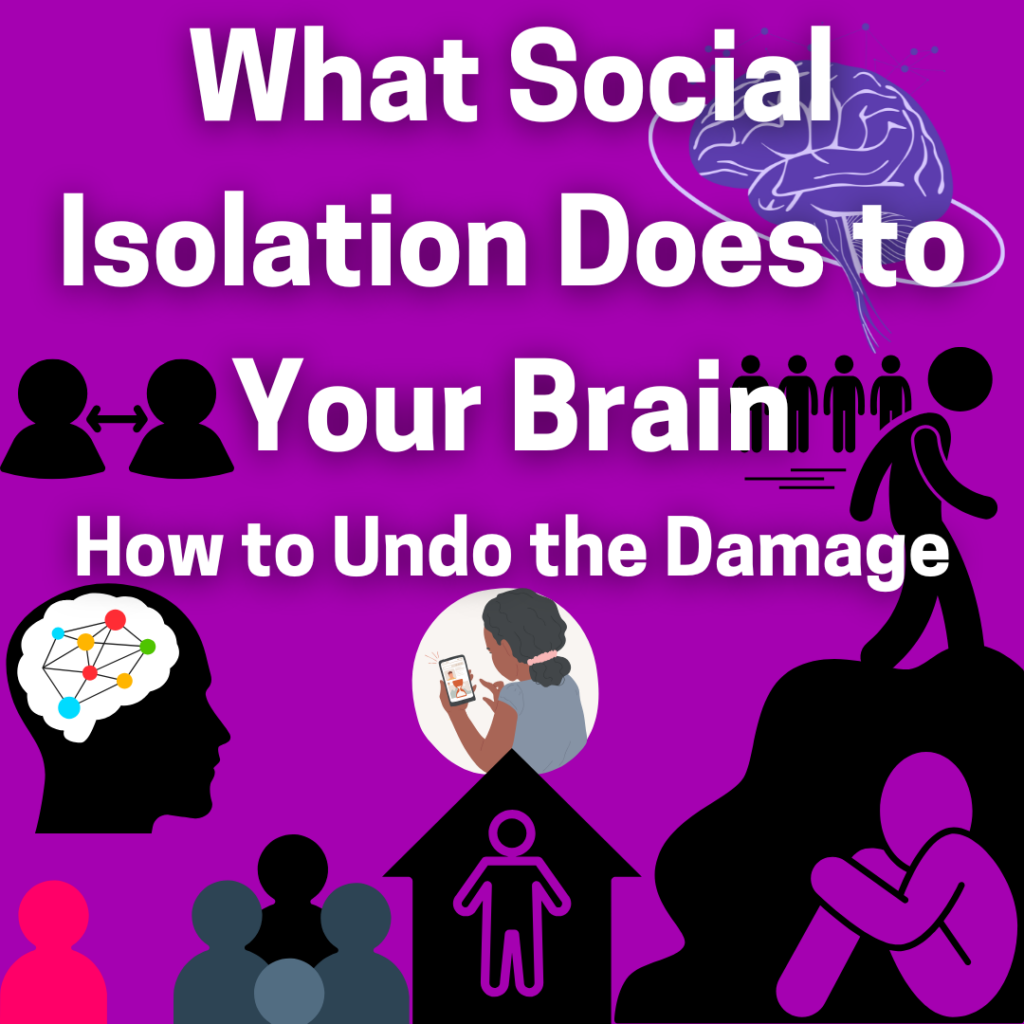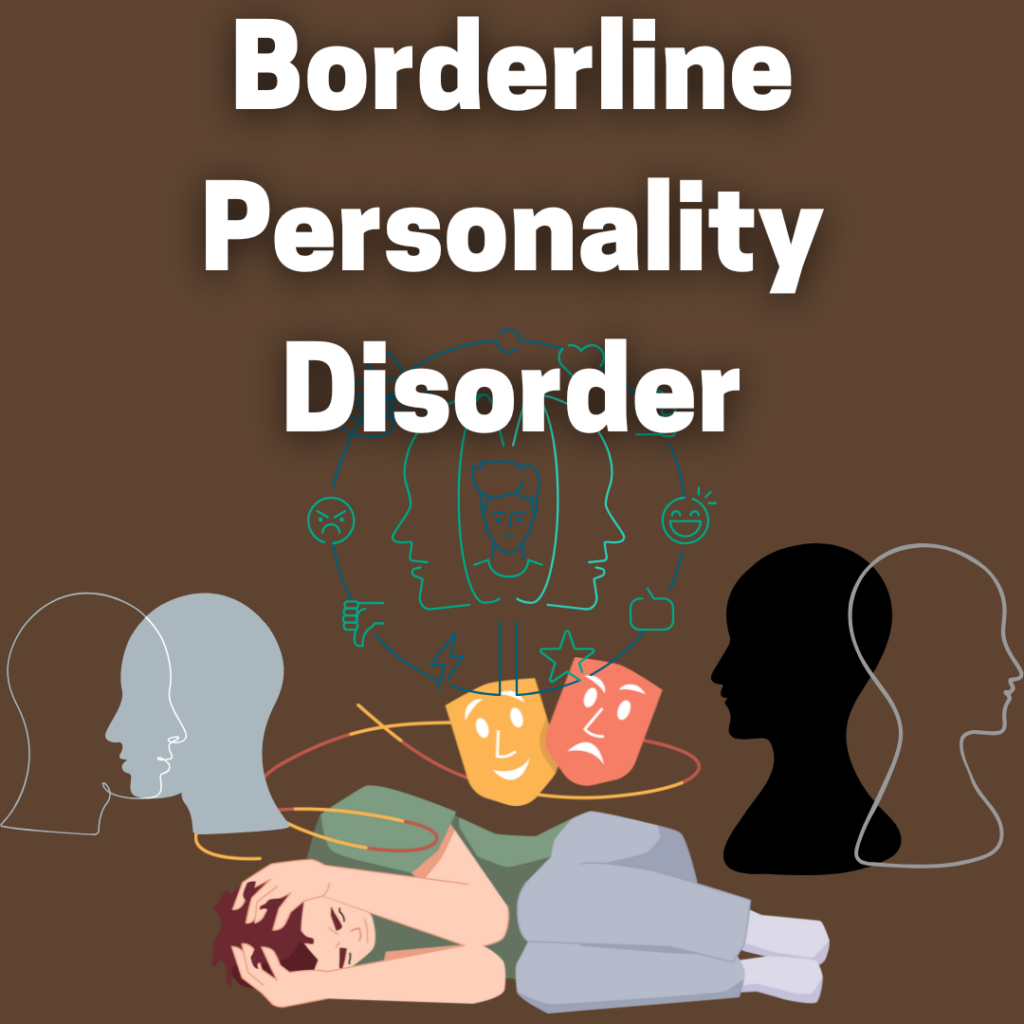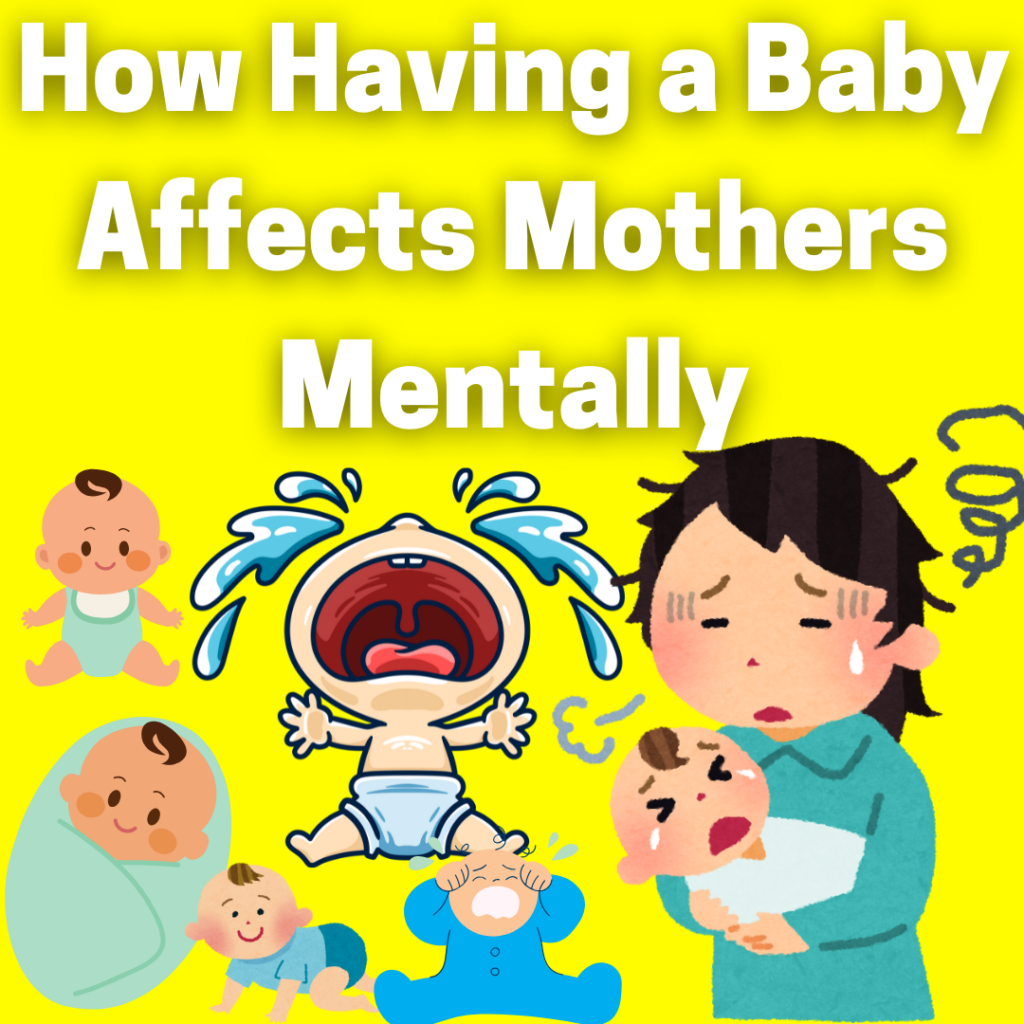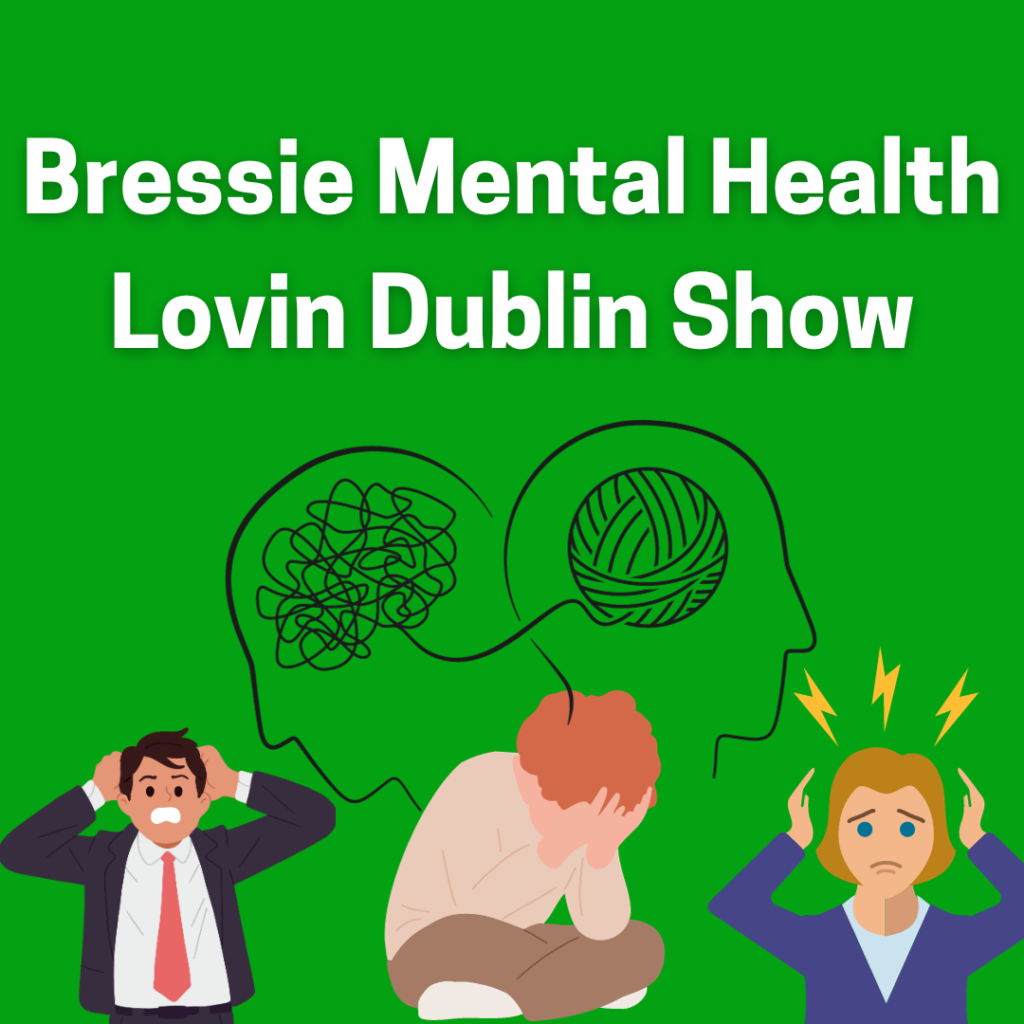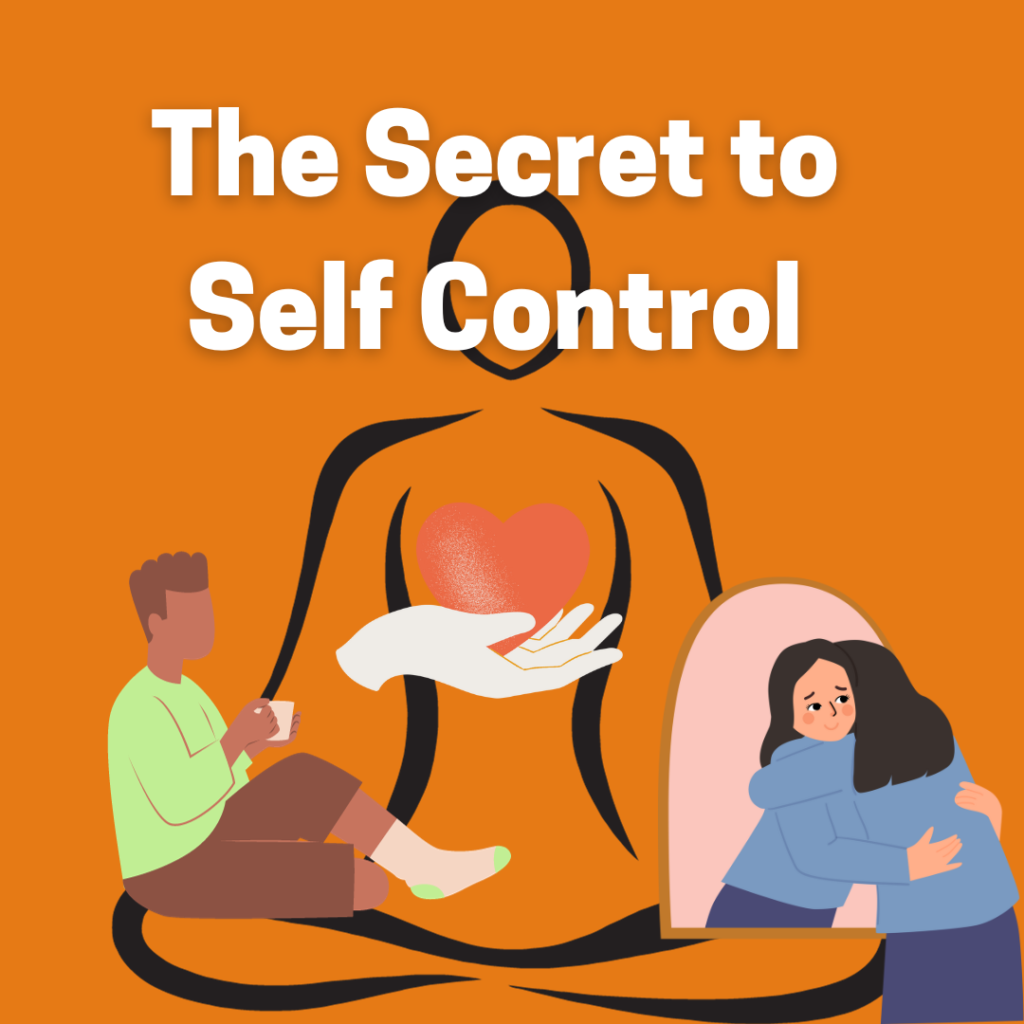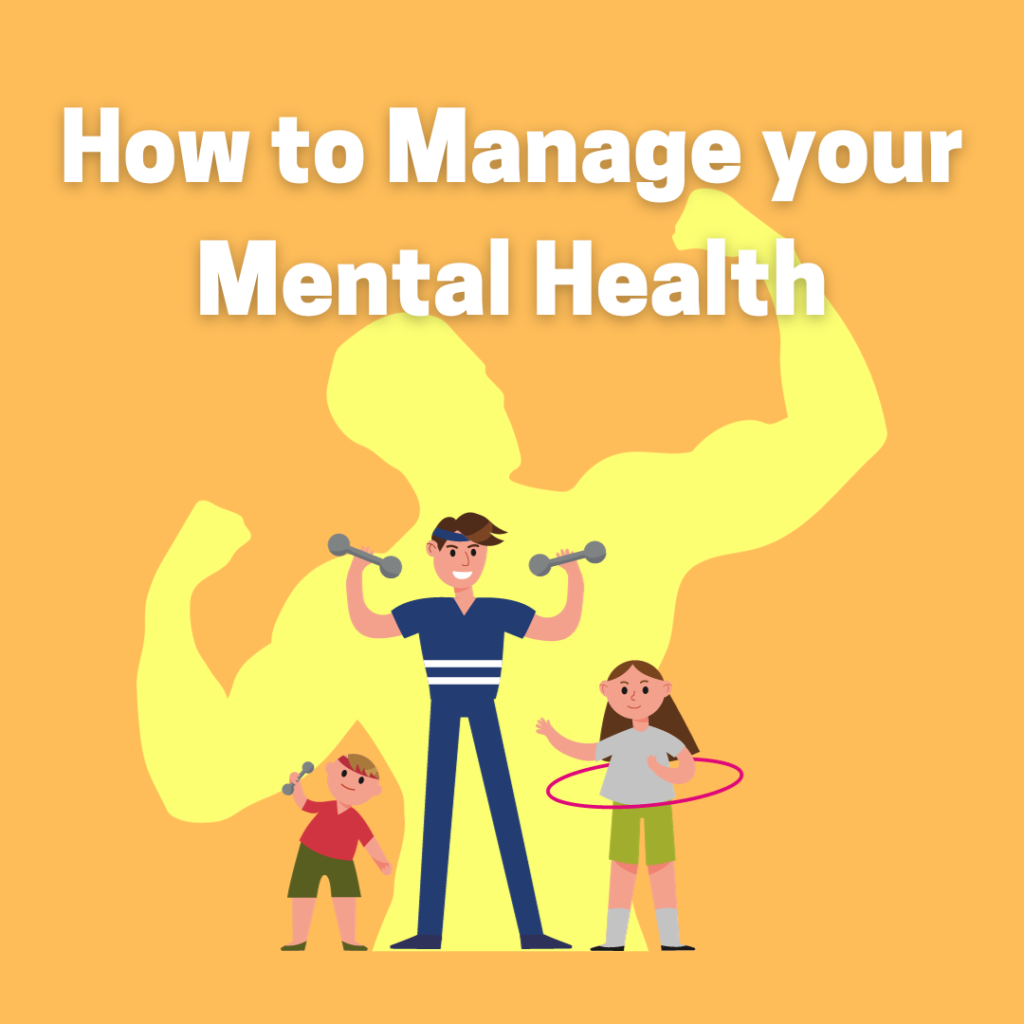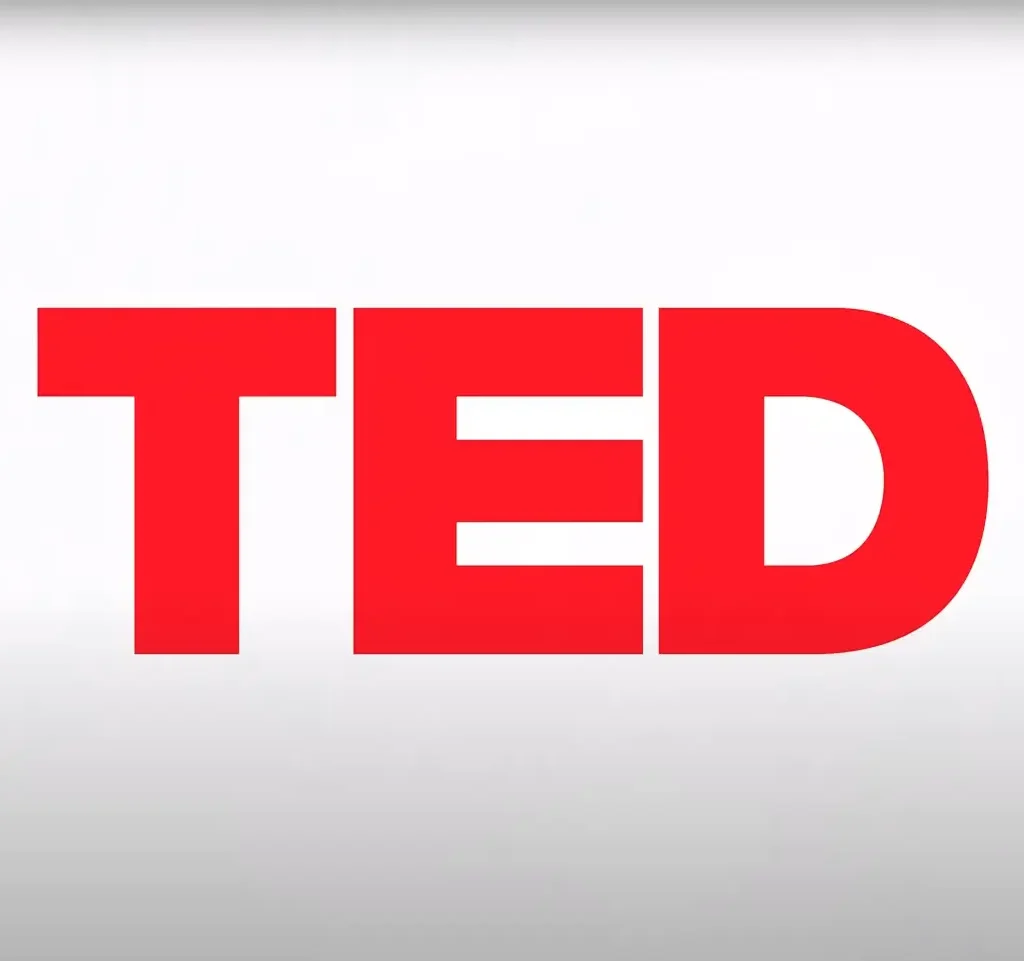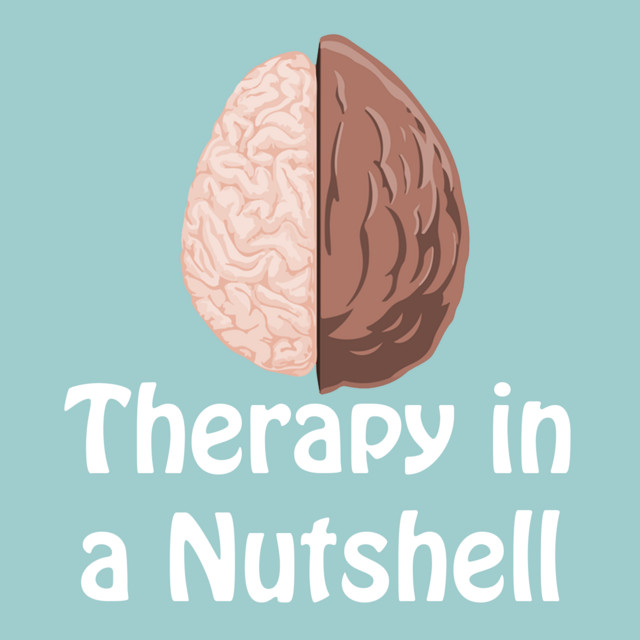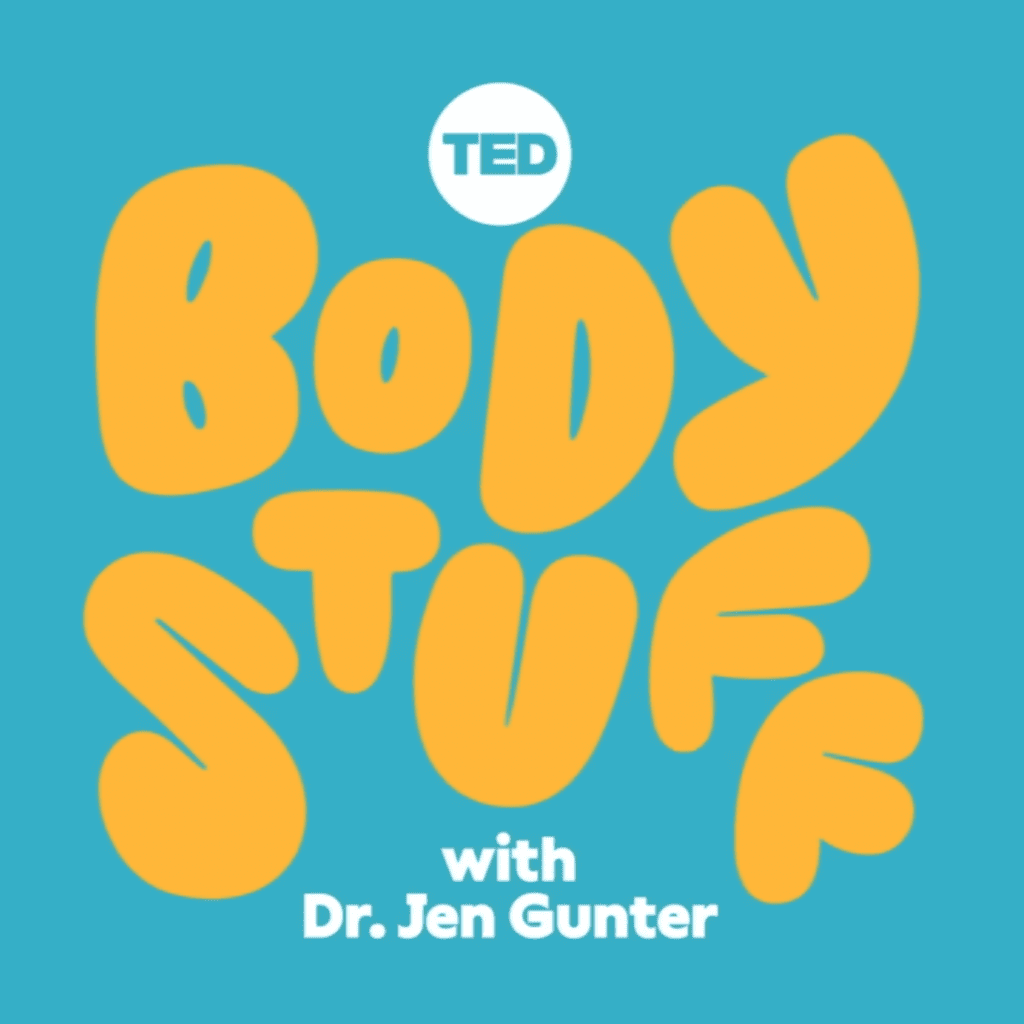How to Get Through a Panic Attack
Panic attacks can be scary, especially in the moment that you realize that you’re having one and that it’s going to get worse before it gets better. The good news is that a panic attack will pass. You just have to ride out these next few minutes. Here’s a video that will help you do […]
How to Get Through a Panic Attack Read More »

